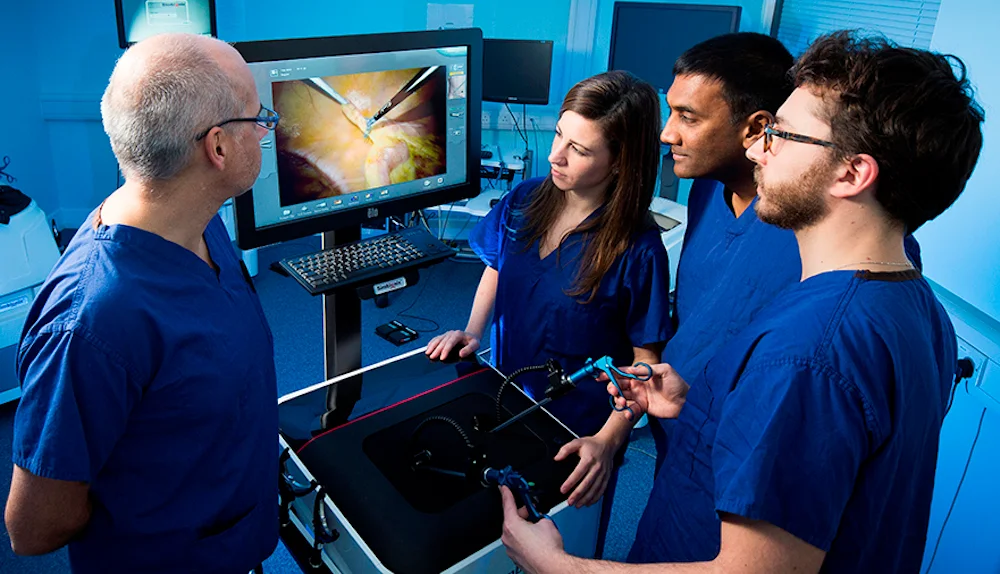VR revolutionizes healthcare, real estate, tourism, entertainment, gaming, education, and training. Virtual reality (VR) has ushered in a ne...
 |
| VR revolutionizes healthcare, real estate, tourism, entertainment, gaming, education, and training. |
The future of VR in digital living
The entertainment industry was among the first to embrace VR, and it continues to lead in its application. VR gaming offers players immersive experiences that traditional gaming simply cannot match. Players can step into fully realized virtual worlds, interact with dynamic environments, and experience games from a first-person perspective that feels incredibly real. Beyond gaming, VR is also making waves in film and live performances, allowing audiences to experience concerts, theaters, and movies in a 360-degree, immersive format.
VR has the power to transform education by providing interactive and engaging learning experiences. Imagine students exploring ancient civilizations, conducting virtual science experiments, or walking through historical events. VR can make complex subjects more understandable and accessible. In professional training, VR is used to simulate real-world scenarios, allowing trainees to practice skills in a safe, controlled environment. From medical procedures to flight simulations, VR training enhances proficiency and reduces risk.
Social VR platforms are changing the way we connect with others. These platforms create virtual spaces where people can meet, interact, and share experiences in real-time, regardless of physical distance. Whether it’s a business meeting, a casual hangout, or a virtual event, VR provides a sense of presence and immersion that traditional video calls lack. This has significant implications for remote work, social networking, and even dating.
 |
| Doctors can see tumors differently thanks to virtual reality (VR). |
VR is revolutionizing the real estate and architecture industries by allowing clients to tour properties and view architectural designs in a virtual space. Potential buyers can explore homes and commercial spaces without physically being there, saving time and resources. Architects and designers use VR to create virtual models of buildings, enabling clients to experience and make changes to the design before construction begins.
Retailers are leveraging VR to offer immersive shopping experiences. Customers can virtually try on clothes, test products, and explore virtual showrooms from the comfort of their homes. This not only enhances the shopping experience but also reduces the need for physical inventory and space, providing significant cost savings for businesses.
Virtual tourism is becoming a popular way to explore the world. VR allows users to visit destinations, explore landmarks, and experience different cultures without leaving their homes. This has particular value for people who are unable to travel due to physical limitations or financial constraints. VR tourism provides an accessible way for everyone to experience the wonders of the world.
As VR technology continues to advance, its impact on our digital lives will only grow. The development of more affordable and accessible VR devices, coupled with improvements in software and content, will drive wider adoption across various sectors. The integration of artificial intelligence and machine learning will further enhance VR experiences, making them more personalized and interactive.
However, as with any emerging technology, VR also presents challenges. Issues such as data privacy, digital addiction, and the need for regulatory frameworks must be addressed to ensure the responsible and ethical use of VR.
In conclusion, virtual reality is not just a technological novelty; it is a transformative force that is reshaping our digital living in profound ways. As we continue to explore and harness its potential, VR will undoubtedly play a pivotal role in defining the future of how we live, work, and interact in the digital age.
For more updates on the latest in virtual reality and other technological innovations, stay tuned to Science Techniz.





